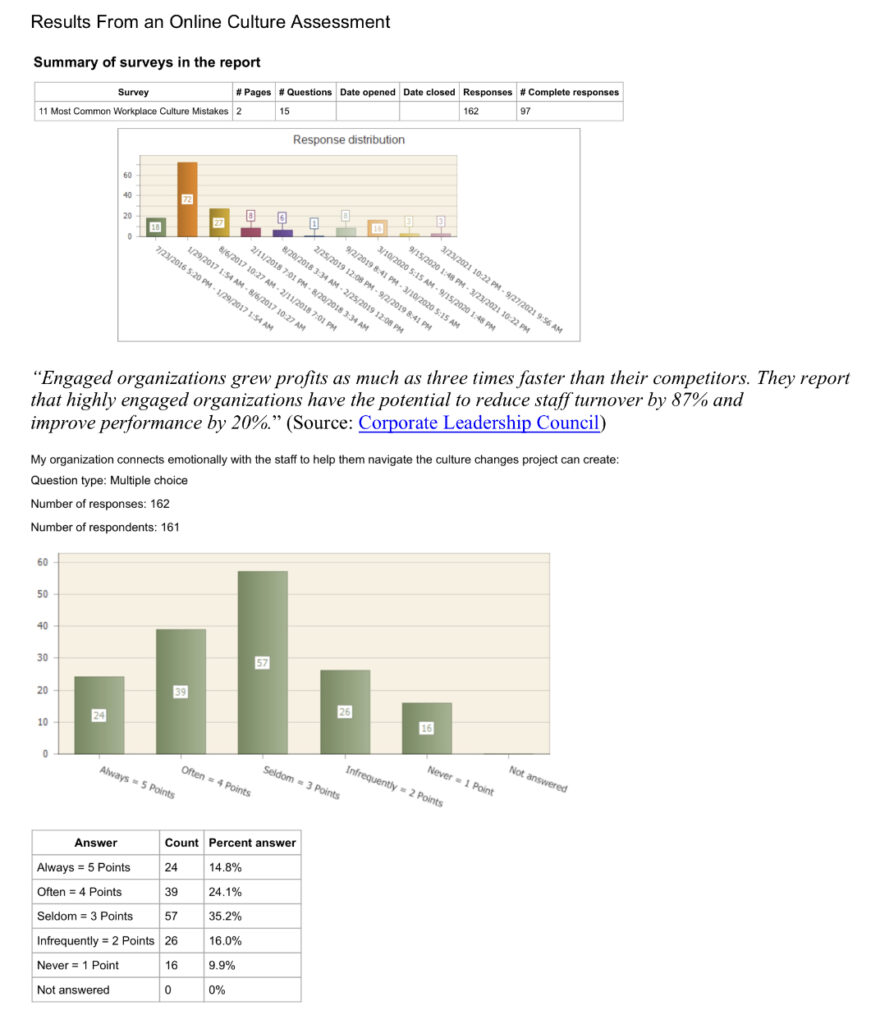Developing a team that works well together is challenging. It’s an even tougher task if you’re doing it virtually. Here are some ways to help you create a team that is functional and effective.
The Virtual Workforce
The pandemic drove many companies to shift to a virtual workforce. They found that employees worked efficiently and effectively at home. Companies are now revamping traditional workplace structures. To revamp workplaces, they are integrating policies that allow their staff to work at home.
More people working from home means that more people need to function in virtual teams. To do so, they’ll have to use technology to communicate and share work with other employees.
How to Make Virtual Teams Effective
Managing virtual teams requires effective communication. Use honest communication to prevent misunderstandings and increase the effectiveness of your team.
Consider taking a communication quiz to see how good your communication skills are. Be sure to listen actively to your team members and avoid multitasking when someone is speaking to you. If your team is a global one, then you’ll want to review your cross-cultural communication skills.
Communication tools like Zoom, Skype, Microsoft Teams and Slack come with unique communication challenges. For instance, internet connections are sure to vary, so speak slowly and keep your words as clear as possible.
Before starting a meeting, confirm that everyone can see and hear you. Give everyone a chance to speak during the meeting and ask them to clarify if they need you to repeat something. Since visual cues aren’t possible during virtual meetings, people are going to speak over one another. Be patient when this happens.
Building Relationships on Virtual Teams
Forming relationships on virtual teams is harder than it is in person. One of the reasons for this is that virtual work challenges a person’s ability to activate mirror neurons. Mirror neurons activate when people do things like smile or yawn.
Researchers believe that mirror neurons play a vital role in building relationships. Tips on how to overcome the problem of forming relationships virtually include:
• Acknowledging the challenges of working remotely and how it affects relationships
• Mentioning the successes of your teams
• Accepting that you’ll be working together with less information about one another
• Boosting your focus
Make Time for Virtual Team Building Activities
To make your virtual teams effective, make time for team building activities. Trivia is an easy team building activity that you can do virtually. Pair two or three team members. Then, ask trivia questions. If you have the budget, offer the winning team members Amazon gift cards.
This type of activity will help your team members get to know each other better. You could also establish a virtual social hour. During this time, encourage your team to talk about their favorite forms of entertainment. You could also host a virtual game night or set up a time to chat casually.
Managing Virtual Teams
Implementing these recommendations will help you manage your virtual teams, making them more effective. If you need direction or support, then contact me at the Productivity Intelligence Institute.















